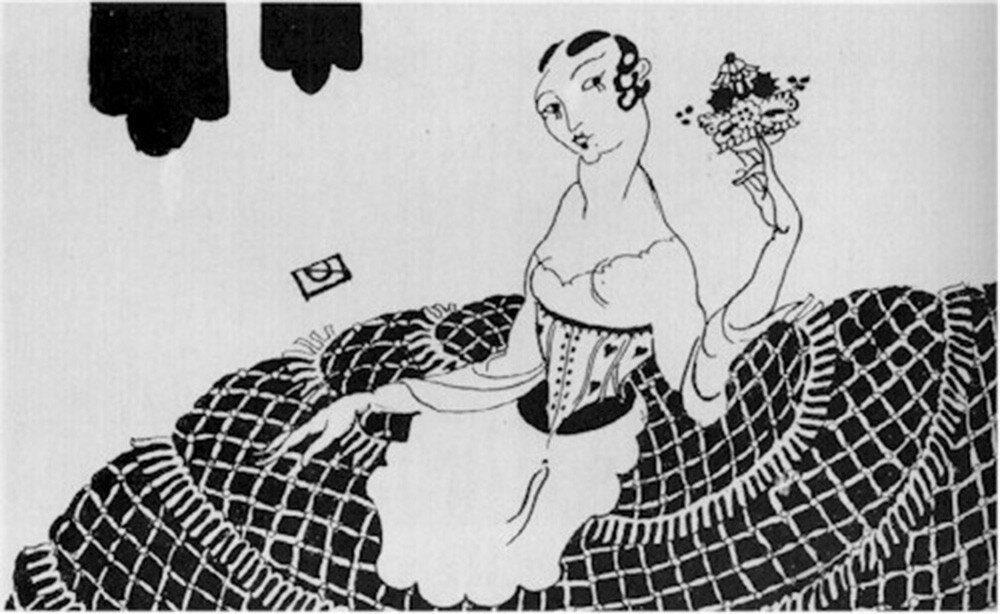(Author Colin Winnette, whose novel, Revelation, was put out by Mutable last Fall, is interviewed below by The The’s Brian Chappell.)
Brian: What authors and styles have shaped you?
Colin: Influence is a tricky thing to talk about. I can say that Ben Marcus’s work was extremely important to me. It still is, but at one point it totally saved me. Or, reinvigorated me. I was finishing up undergrad and I was in love with writers like Beckett, Proust, Chekhov, Joyce, Kafka, these iconic figures who did what they were doing so masterfully that there seemed nowhere to go at all after that. That was also the result of my age at the time and what being in school can do to you. I didn’t realize it then, but I had a pretty narrow vision of what it meant to be a writer and what one could do with fiction. But then I picked up Age of Wire and String and Notable American Women and I was just totally blown away. It was an entirely different approach to working with and examining language than I had ever encountered before. Those books led me to Gertrude Stein and William Gaddis and all of these authors who were breaking language apart, yes, but also reclaiming it, making it do new and fascinating things. And, I mean, they had been doing this for a long time and in different ways, and here was Ben Marcus doing it still in his own way and just killing it. So I suddenly felt very free again. It’s interesting the difference between grad school and undergrad. In undergrad I was constantly being told what good writing looked like. It looks like Carver. It looks like Chekhov. It looks like Pynchon (and indeed it does!). It looks like Austen. Etc. Workshops were little help because they were often the same kind of thing: I think you should do this, or I think this should happen, etc. Initially I lacked the confidence to assert myself. Then, when I gained a little confidence, I asserted myself by just ignoring pretty much everybody and only listening to the 2% I thought made sense or seemed to come from a good place. I started to tune a lot out. So I left undergrad fed-up, but with a lot of energy. I wrote and worked and traveled and didn’t write and two years later I went to grad school with a much different attitude. I used that time to write as much as possible. I listened to people and read as much as I could, but took the whole thing less…personally, I guess…than before. I took it seriously, but I knew the conversations we were having in class were often selfish in that we were all interested in enhancing our work by discussing the work of others. Helping one another wasn’t exactly the point, although we certainly did help one another from time to time. And I should say I think all that’s great. The two most important things grad school gave me were time and a sense of purpose. I felt encouraged to work and I had the hours in the day to do it. Or if I didn’t have them, I made them because I knew my time was limited. I taught myself how to make time to write. I was writing a lot on the train and in bed my first year. I wouldn’t let myself sleep until I had done a certain amount of work. I’m not sure I would have had that kind of discipline at first if I weren’t in a program. Now, it comes much more naturally. I had to learn how to kick my own ass.
Read More




















